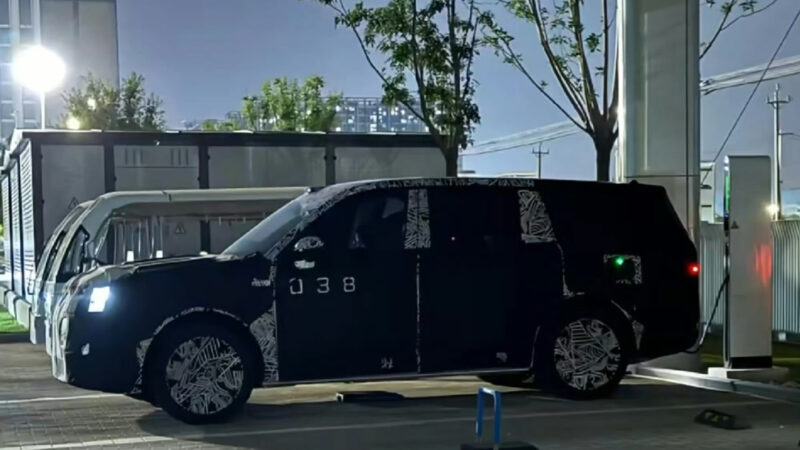The Xiaomi Kunlun EREV crossover and PHEVs from GWM & Leapmotor will adopt an 80 kWh battery pack next year, the report says. They will become plug-in hybrid vehicles with the biggest battery capacity, overtaking the recently revealed Zeekr 9X flagship SUV from Geely.
Most buyers of PHEV and EREV vehicles in China tend to utilize them as battery electric cars without turning on the internal combustion engine. An ICE is used on rare occasions, like a trip to a nearby city. Therefore, an arms race between NEV manufacturers is underway in China.
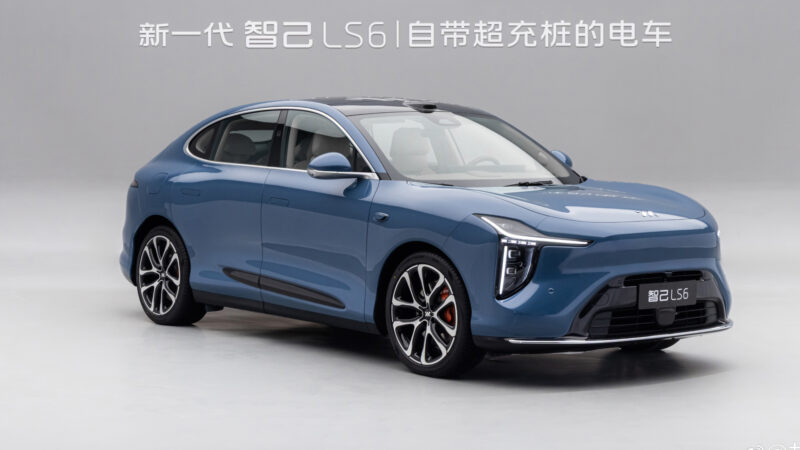
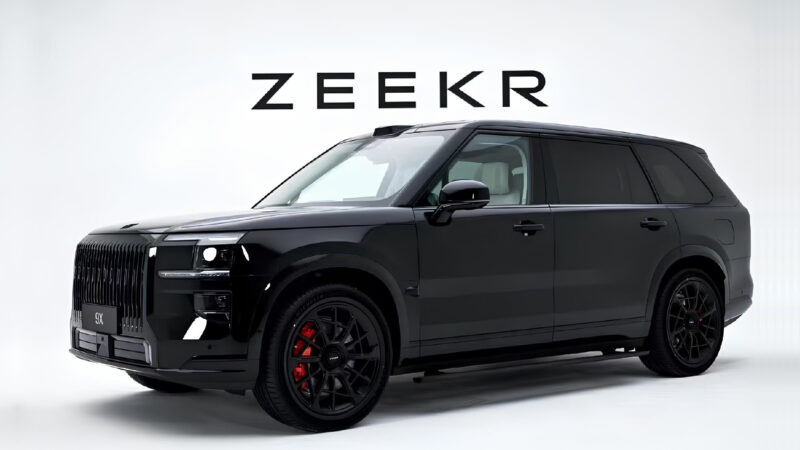
This year, SAIC has launched the IM LS6 EREV crossover with a 66 kWh battery. And Geely will launch the Zeekr 9X PHEV with a 70 kWh pack. The competition will intensify in China as Xiaomi, GWM, and Leapmotor will reportedly launch range-extended cars with a battery capacity of 80 kWh.
Xiaomi & Leapmotor EREVs with 80 kWh battery
The Chinese media 36Kr Auto reported that the Xiaomi Kunlun, some models from Great Wall Motor (GWM), and the D-series models under the Leapmotor brand will adopt an 80 kWh battery next year. Their pure electric range will potentially lie between 400 and 500 km.
36Kr assumes that some of the mentioned automakers will adopt the 8-series high-nickel batteries to reduce the potential weight of their plug-in hybrids. Currently popular LFP (Lithium Iron Phosphate) batteries have a drawback of increased weight. As a result, a lot of PHEVs with 80 kWh packs can weigh over three tons.
Previously, 8-series high-nickel batteries appeared to be unstable and unreliable. They offered poor thermal stability and a short life cycle. However, the world’s biggest battery maker, CATL, is about to launch the new generation of such batteries next year. We will underline that the 8-series high-nickel battery is a type of ternary NMC pack. Currently, most of the NMC batteries adopt a more stable 5-series technology with the nickel, cobalt, and manganese ratio of 5:2:3.
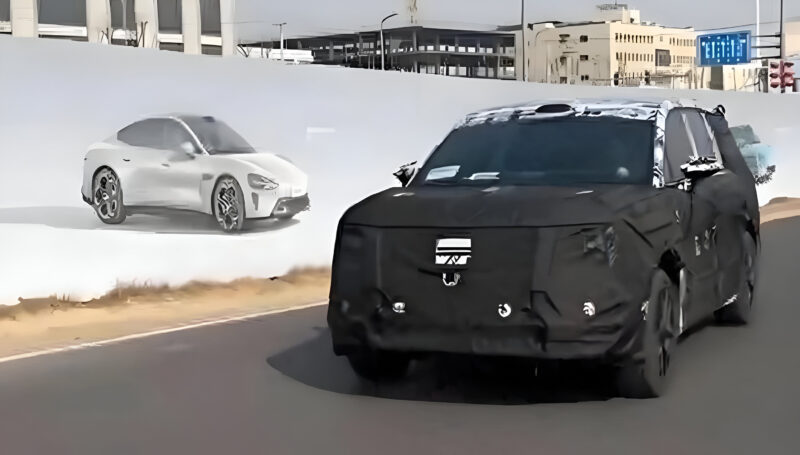
China-made plug-in hybrid vehicles with 80 kWh batteries will overshadow many BEV cars available in the market. For example, the long-range variant of the Tesla Model Y adopts a 78.4 kWh battery. And the entry-level Xpeng G9 has a 79 kWh pack.
Speaking about the upcoming cars that are likely to adopt an 80 kWh battery, the Xiaomi Kunlun is at the top of the list. This SUV will possibly be called the YU9 once it enters the market. It was previously reported to adopt an 800V high-voltage system and three rows of seats.
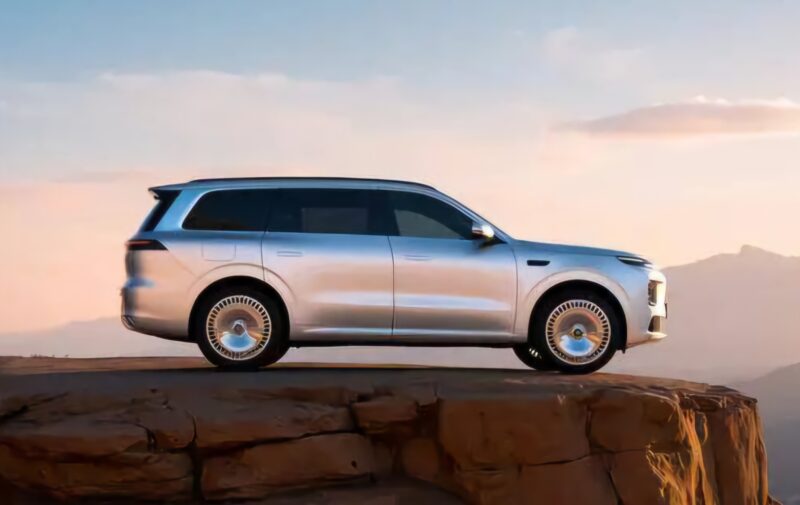
The next car with such a large battery is the Leapmotor D16. It is the flagship SUV of the Stellantis-backed Chinese automaker. And the final model to feature this large battery is the Tank 800 Hi4-Z from Great Wall Motor.



